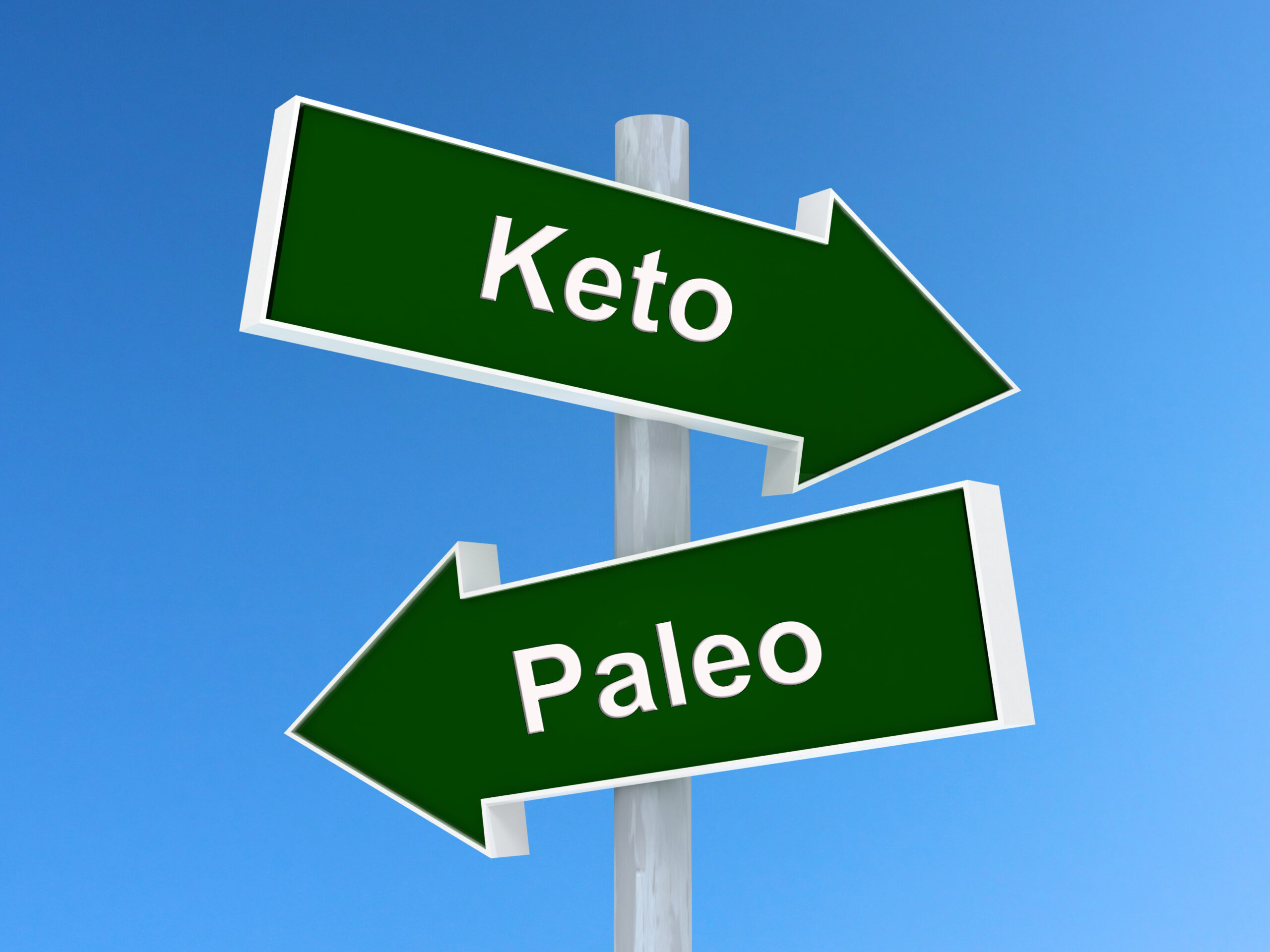Have you ever come across with a situation that you are surrounded by ubiquitous choice of drinks in front of the fridge of convenient store. For those who wants to follow a lean, healthy diet will pick juice over softdrinks and sweetened tea or coffee. Some may even swap his/her meal for juices or smoothies for the sake of weights reduction, however, is juice really the best choice of drinks for health?
Cold-pressed juice has been gaining its popularity in Hong Kong recently. In spite of its high price, consumers are attracted for its nutrient content. So what exactly is cold-pressed juice? And how does it differ from fresh juice? The manufacturing of cold-pressed juice involves two processes, starting with hydraulic pressing where fruits and vegetables are pressed through a
fine mesh screen. High pressure pressing (HPP) comes next, where the juice is bottled and sealed under a large water chamber with high pressure (Cold Pressed Juice HQ, 2017). Most of the pathogens are inactivated under this process and also prolongs the shelf life of cold-pressed juice as long as 30 days.
Apart from the long shelf life of the cold pressed juice, public are also fond of its nutrient-dense
content. Manufacturers claim that the vitamin C content is higher than fresh juice as its
manufacturing process doesn’t involve heating and oxygen that might denature vitamin C.
Meanwhile, there is no preservative added to juice (Cold Pressed Juice HQ, 2017)
Cold pressed juice sounds like an ideal alternative to healthy drinks beside water, however, is it as good as the manufacturers claim? Vitamin C contents reduce from the moment the fruit is cut, after all the processings and transportations and sitting in the fridge, then by the time you pick it from the fridge there are not much quality vitamin C. The sugar content in juice is undervalued in the nutrition fact label. Consuming fruits is good, but it doesn’t mean the more fruits you eat, the more healthier you are. People often neglect the fact that fruit has glucose and fructose as hidden sugar, which will not be present as sugar on nutrition label (Heid, 2015). However, fructose is not different from added sugar, both contributes to diabetes or obesity if intakes excessively. Meanwhile, the level of dietary fibre and vitamin C in juice is either lower than the labelled amount or is far lower than the daily requirement of human (Siu, 2017). The dietary fibre content is very low or even no in juice. Turn out accelerating the sugar absorption as sugar is free to move to liver without the hindrance of dietary fibre. More importantly, fruit sugar can hardly be burnt off and it will be converted into fat (FivePoint Four, 2017). So it might not be wise to take advantage of fruits for the sake of losing weight.
It is seemingly cold-pressed juice is overhyped. Not to mention the recent scandal surrounding cold-pressed juice. Two cold-pressed juices are tested to have contained high level of patulin, exceeding the limit of Centre of Food Safety. Patulin is mycotoxin commonly found in decaying food especially apple. Intaking too much patulin will impair immune and nervous system (WHO, 2017)
Giving juice to go as drinks won’t hurt, but do not expect you can merely rely on juice for health sake. After all, fresh whole fruit is always the best when it comes to the nutrient content and price. Next time when you need to quench your thirst, tea could be an alternative for health as it provides lots of antioxidants that reduces risk of chronic disease.
References:
Avoid Juices at all cost! (2017). Retrieved October 27, 2017, from https://www.fivepointfour.com.au/blog/food-health/avoid-juices-as-all-costs-even-if-its-free/
Evaluation of certain food additives: seventy-ninth report of the Joint FAO/WHO Expert Committee on Food Additives. World Health Organization, 2015
Heid, M. (2015, June 12). Is Fruit the Reason You’re Gaining Weight? Retrieved October 27, 2017, from https://www.shape.com/healthy-eating/diet-tips/fructose-reason-youre-not-losing-weight
Siu, P. (2017, Oct 16). Some juices sold in Hong Kong contain toxins, tests show. Retrieved October 26, 2017, from http://www.scmp.com/news/hong-kong/health-environment/article/2115562/hong-kong-consumer-council-test-shows-fruit-juice/
What is Cold Pressed Juice. (2017, July 26). Retrieved October 26, 2017, from http://www.coldpressjuicerhq.com/cold-pressed-juice/what-is-cold-pressed-juice/


